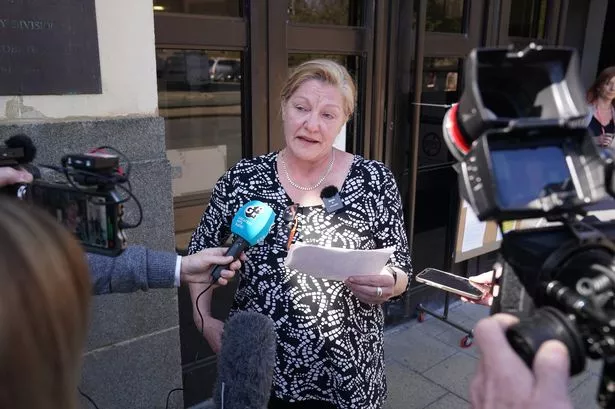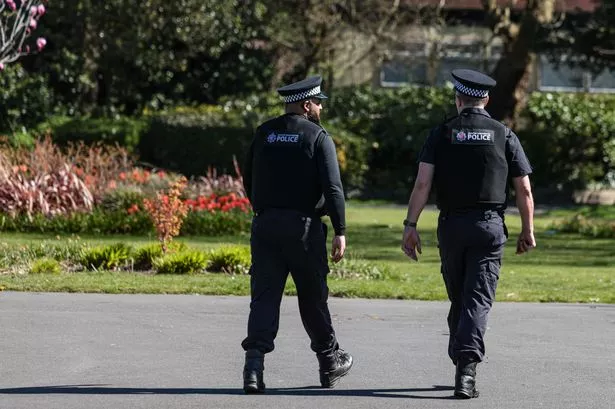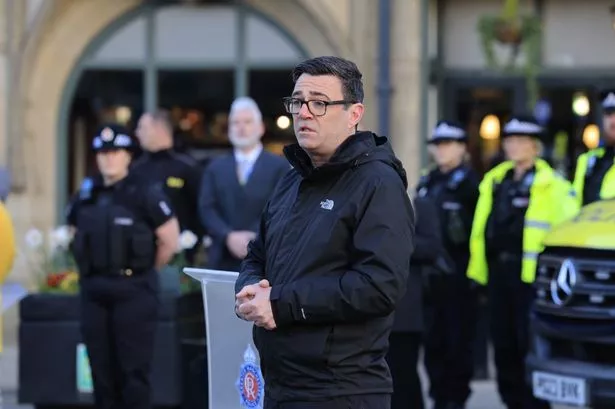Better Police Pay Advocacy by Chief Constable Stephen Watson

Chief Constable Stephen Watson Advocates for Better Police Pay
Chief Constable Stephen Watson of Greater Manchester Police (GMP) has stated that while his officers are not overworked, they deserve better compensation. He emphasized that a "strong public service ethos" is what keeps officers committed to their roles.

Watson remarked that the diverse skills of officers could enable them to earn more in the private sector. Despite this, their dedication to policing remains strong. He acknowledged that while more officers would be welcome, GMP is currently equipped to deliver "a first-class job."
On April 10, Prime Minister Keir Starmer announced a plan for enhancing police presence, pledging funding for 13,000 new officers by 2029. This includes a commitment to have named officers in every district and essential patrols in busy town centres during peak times.
Watson described the government's initiative as "very good news," asserting that it would allow the force to enhance its operations further.

Currently, GMP has approximately 8,200 officers, surpassing the 8,000 level from 2010 prior to government cuts. Aiming for 10,000 officers for adequate regional policing, Watson acknowledged the challenge as primarily one of resources.
He noted an increase in productivity, with arrests rising from around 30,000 in 2021 to 67,000 last year, indicating a more proactive policing approach.
Watson affirmed that while officers are committed, they deserve higher pay. In England and Wales, the Police Remuneration Review Body provides guidance on police pay, with starting salaries at GMP set at £28,551, rising to £46,044 after seven years.
He expressed concern that police officers handle many demanding roles and responsibilities, requiring diplomatic skills, courage, and integrity. Consequently, he believes their current pay does not reflect their invaluable contributions.
Watson noted the importance of public service motivation among officers, stating that many could earn more in the private sector, yet choose to stay in the police due to their commitment.
Federation chief Mr. Peake mentioned that about a third of student officers leave GMP for other careers. Watson acknowledged retention as a concern but emphasized that many recruits remain with the force. He defended the necessity of a probationary period to ensure that the right candidates are selected for a long-term policing career.
While recognizing the challenges of attrition, Watson stressed that it should not indicate dissatisfaction among officers. Instead, he advocates for ongoing support and acknowledgement of their vital role in public safety.




















